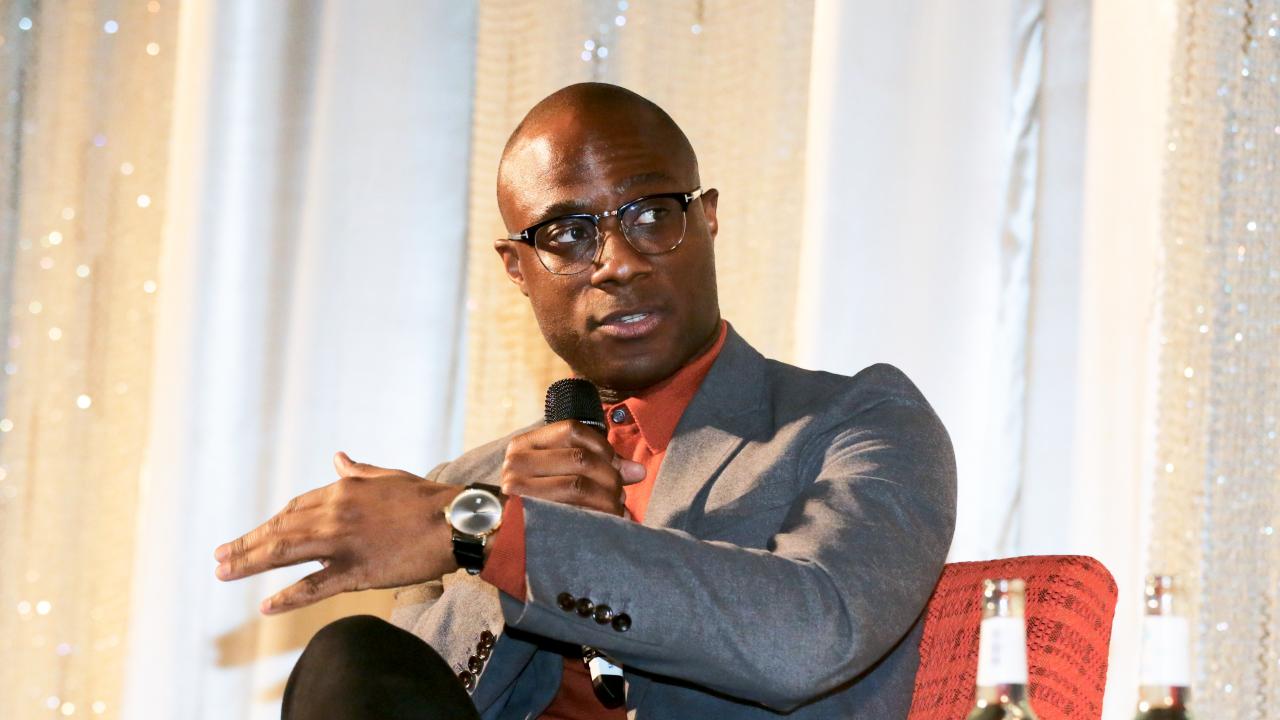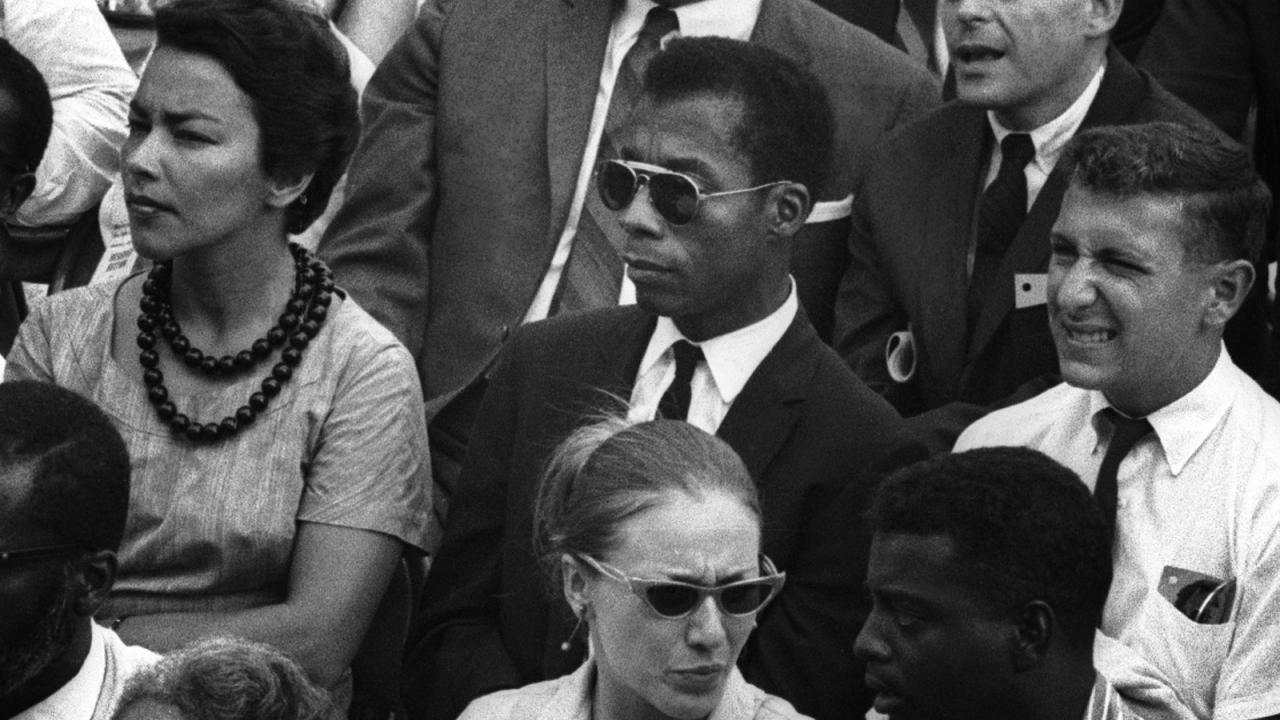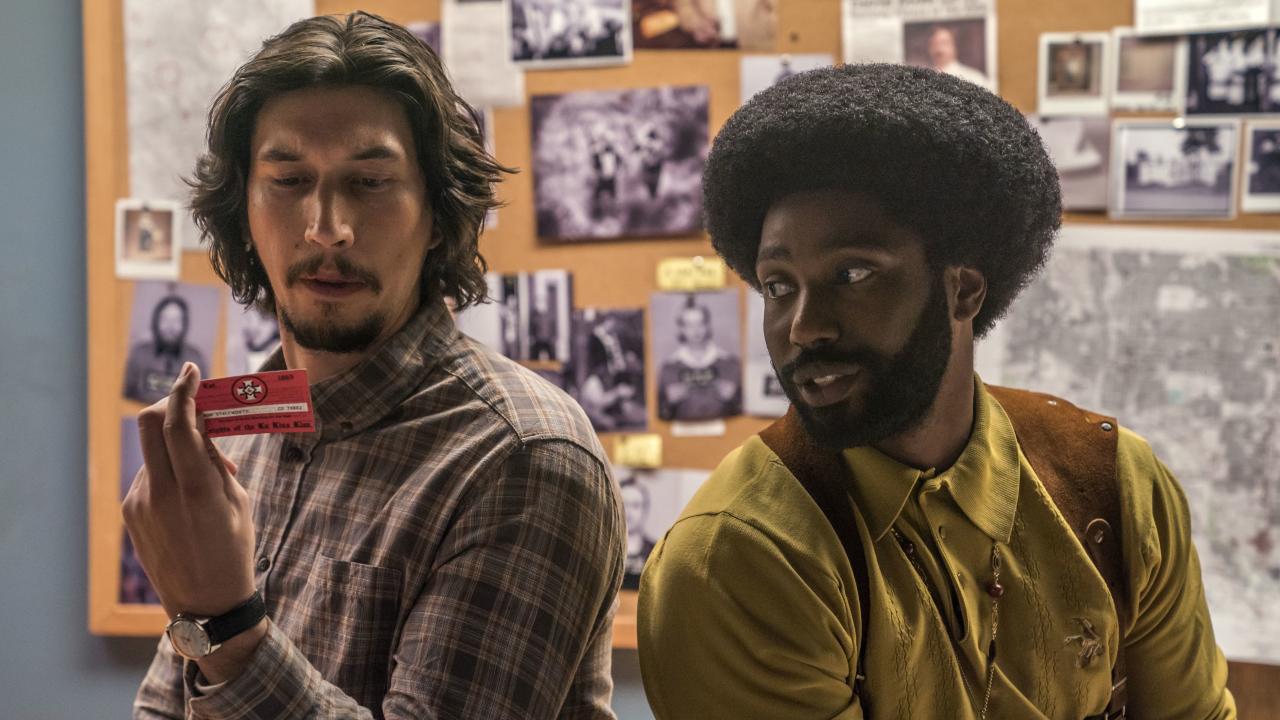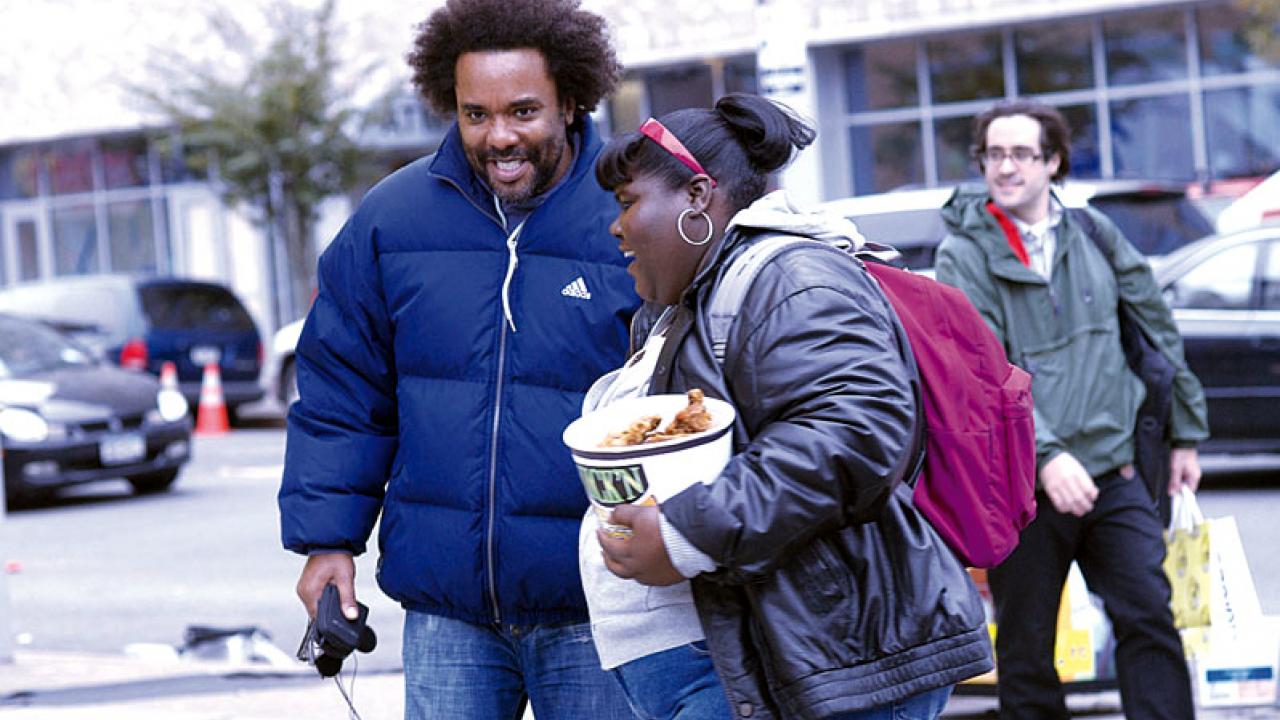Kategorie: Interview in English
"There Is a Lack of Black Stories"
Director Barry Jenkins talks about the writer James Baldwin, his stylistic approach to the film adaptation "If Beale Street Could Talk", and the importance of African-American perspectives in the media.

Barry Jenkins, born 1979 in Miami, Florida, earned a Bachelor of Fine Arts in film at Florida State University. His second film Zum Filmarchiv: "Moonlight" (USA 2016), the story of a black gay youth in his hometown of Miami, won an Oscar® for Best Picture and made him a leading figure of Black Cinema. If Zum Filmarchiv: "Beale Street Could Talk", his third feature film, is based on the novel of the same name by James Baldwin (1924–1987). It is the first adaptation of a work by the African-American writer and Civil Rights Activist.
kinofenster.de: Mister Jenkins, James Baldwin's legacy is experiencing a revival. Why now?
Barry Jenkins: Well, the book was published 45 years ago, and yet so much of what happens in this film is still relevant today. Especially in America where we have this slogan "Make America great again!" (from Donald Trump's presidential campaign; editor's note). And you go back to someone whether it's James Baldwin or Toni Morrison, any of these really amazing thinkers, who were literally documenting what was happening and you see: well, this actually wasn't so great.
kinofenster.de: You said that reading Baldwin made you realize what it was like to be a black man. Can you elaborate on that?
Barry Jenkins: When I discovered James Baldwin I hadn't read very much. Most of the narratives that I was receiving at the time were about really famous black people. Everybody knows the story of Martin Luther King or Jesse Owens. Baldwin was writing about everyday people in a very dense rich way. Which to me meant: Oh, black lives matter. Someone who's growing up like Chiron (the main character from Jenkin's film "Moonlight"; editor's note) is worthy having his inner voice being translated in a very rich way. To me that was the power of discovering James Baldwin.
kinofenster.de: Your film adaptation "If Beale Street Could Talk" is told from the perspective of the female protagonist Tish. How did you approach finding Tish's voice?
Barry Jenkins: For me the biggest thing was to translate the interior voice. I think, in the book sometimes Mister Baldwin slips and he's meant to be writing through Tish but he's actually writing through himself. But in the film it had all to be through Tish. So even when Baldwin is doing Baldwin talking about the world like in the perfume counter sequence, it's still talking about the world as experienced by a 19-year-old black girl.
kinofenster.de: This movie has, like "Moonlight", a very special look. How did you develop that look?
Barry Jenkins: Both of these films are reflections of the main character's consciousness. So the look of "Moonlight" is dictated by Chiron, "If Beale Street Could Talk" is dictated by Tish. You know, this is a girl who is in a purgatory in some way, and she is remembering both the most vibrant, the most beautiful moments of her life, but also the darkest experiences. It's almost a film composed of memories. For me, that was the very saturated, bright gaze for Tish, when she’s thinking about things in a very pure way, and then a muted palette, very dark, lots of shadows, in the sequence with Fonny and his friend Daniel Carty.
kinofenster.de: How did you decide to put the black and white photos in?
Barry Jenkins: A lot of the visual research for this film was not through cinema, it was through still photography: the work of Gordon Parks and Roy DeCarava. In a photo gallery that Gordon Parks did about a family in Harlem for LIFE magazine there's a photo called "Ellen Crying". As I was writing the first draft of the script, I remember coming to the sequence where Tish describes through narration the "children of our age", and I wanted to show what these children looked like, in a documentary fashion, and so this picture "Ellen Crying" was written into the screenplay, and we found other photos to support it. The second photo series is to be rhymed with what happens to these children. They now become the men who are fighting the system.
kinofenster.de: Why did you choose this one of Baldwin's books?
Barry Jenkins: This is not my most favorite Baldwin novel. That would be Giovanni's Room. But I love If Beale Street Could Talk because James Baldwin had a few different voices he wrote with. On the one hand, the essayist who's concerned with stating against injustice of American society and the role this system plays in disenfranchising the souls of black folks. But he was also just as obsessed with this other voice: the sensuality, romanticism, his personal relationships. And I chose this book because I thought these two things were organically fused.
kinofenster.de: So if there are these two sides to Baldwin – where do you see yourself?
Barry Jenkins: I think the book is much more bitter and angry than the film is. So I guess I come down on the side of the love, the family, the romance. But what you learn as you read the book is that those two sides, they are intertwined. You can never quite possibly live a life in America as a black person and not be affected by the system, by society. To me the thesis of the book was this idea that this bare suffering terror has always been a part of black life in America from the very beginning, going back to slavery. And it has always been family, love, community. That's the idea of Beale Street being a place in Memphis, in New Orleans, in Los Angeles, in Harlem. I think, because of that, Mister Baldwin is saying that this love is the thing that has somehow allowed black people to build communities in America.
kinofenster.de: Could you imagine doing films about white people as well?
Barry Jenkins: I could! The script before I did "Moonlight" had no black people. It was all white people. Now, the project fell apart, and so maybe that's because I can't write white people as well as I can write black people. Who knows! To be honest, I feel like I might be better prepared to write a story about white people than the average white person is prepared to write about black people. Part of that is because we grow up watching television, movies that are all about the white experience. The media are dominated by the white perspective. And a white person doesn't encounter a person like Chiron or Tish every day. There is a lack of black stories. So I feel a responsibility to tell.
Weiterführende Links
- External Link Biography of Barry Jenkins
- External Link Official website of the film "If Beale Street Could Talk"
- External Link YouTube: Director Barry Jenkins Breaks Down a Romantic "Flashout" from "If Beale Street Could Talk"
- External Link Excerpt from the novel "If Beale Street Could Talk"
- External Link Biography of James Baldwin
- External Link Website with photo “Ellen Crying” by Gordon Parks


